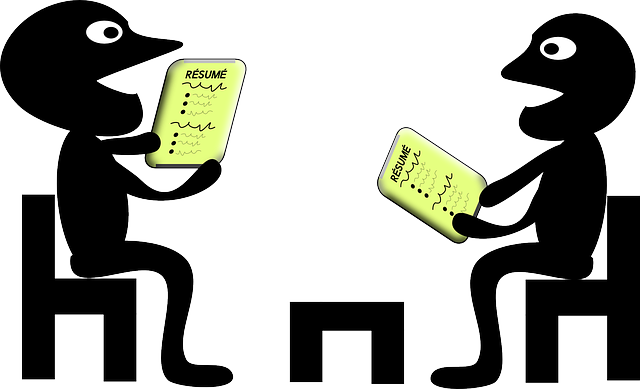According to recruiting experts Hays, failure to quantify accomplishments, not acknowledging weaknesses and a lack of digital skills are amongst the most common ways job seekers sabotage their own job search.
Hays places around 400 people in jobs every day and interviews and reviews the CVs of many more. Based on this, there are a few common ways that people damage their own job search.
“A lot of career advice looks at what you need to do to gain a new job, but there are a lot of candidates who are doing things that jeopardise their chance of being successful without even realising it,” says Nick Deligiannis, Managing Director of Hays in Australia and New Zealand.
According to Hays, some of the most common ways people sabotage their own job search are:
1. Online profiles and an offline CV that don’t match: “Inconsistencies in your work history, duties or employers make you appear untrustworthy,” says Nick. “When we question a candidate about such inconsistencies, there is often a valid reason. Often a candidate has different versions of their CV in order to emphasise particular skills and apply for different roles. The solution is simple – succinctly describe all aspects of previous roles in your online profile, then expand upon those relevant to the job you are applying for in your CV.”
2. Failure to keep your skills fresh: “Job loyalty is a noble quality, but not if it comes at the expense of your own career development. While we don’t encourage changing permanent jobs every one to two years, it’s equally important that your skills develop and advance in your existing role. If not, you come across as stale and lacking motivation.”
3. Letting your nerves get the better of you: “We understand that job interviews can be nerve-wracking,” Nick says. “The best advice we can give is to prepare beforehand in order to reduce your anxiety. Research the organisation, know your unique selling points, anticipate likely questions and prepare examples that highlight relevant skills. Arrive early. Don’t rush when answering questions. If you are nervous, take a deep breath and think before speaking.”
4. Forgetting to turn your mobile phone off: “Even if you can pick up the Pokéstop in the park next door, put your phone away and wait patiently for your interviewer to arrive. It’s not a good look when your interviewer walks in and sees you focused on the Pokéball throwing screen.”
5. Failing to quantify your accomplishments: “Hiring managers don’t want to read or hear about what you think of yourself, they want to learn about your results,” says Nick. “Add numbers to your CV and use examples in an interview to demonstrate how your skills have added value to your employers.”
6. Not being honest about weaknesses: “A hiring manager asks you to describe your greatest weakness in order to find out if you are willing to review your own skills and take action,” explains Nick. “If you say you don’t have any weaknesses you come across as arrogant or dishonest. Instead, share a real weakness and then explain how you overcame it. For example, ‘I have been afraid of public speaking for a long time, but recently completed a course in this area and gave a presentation last week to my boss, which I’m really proud of.’”
7. No digital skills: “All jobs now have a digital element so make sure you mention your digital skills in your CV and in an interview,” Nick says. “Digital literacy is needed at all levels in most job functions. Whether it’s creating an app rather than a PowerPoint presentation, generating leads on social media or producing digital content, mention how you are digitally proficient.”
8. Not submitting a CV: “For most jobs a link to a YouTube video explaining why you are the best candidate won’t help you stand out,” explains Nick. “A CV is still the best way to apply for a role because it contains the information needed to determine if your skills and experience make you suitable to progress to the next stage.”
9. Unprofessional photos: “Hiring managers do look at your public social media so make sure all images – including on professional profiles such as LinkedIn – are professional.”
10. Poor written communication: “A lot of candidates let themselves down by using acronyms such as ‘bgd’ (background), ‘cre8’ (create) and ‘b4’ (before) in communications with their recruiter, on their professional social media or even on their CV. Keep your language professional,” he said.


